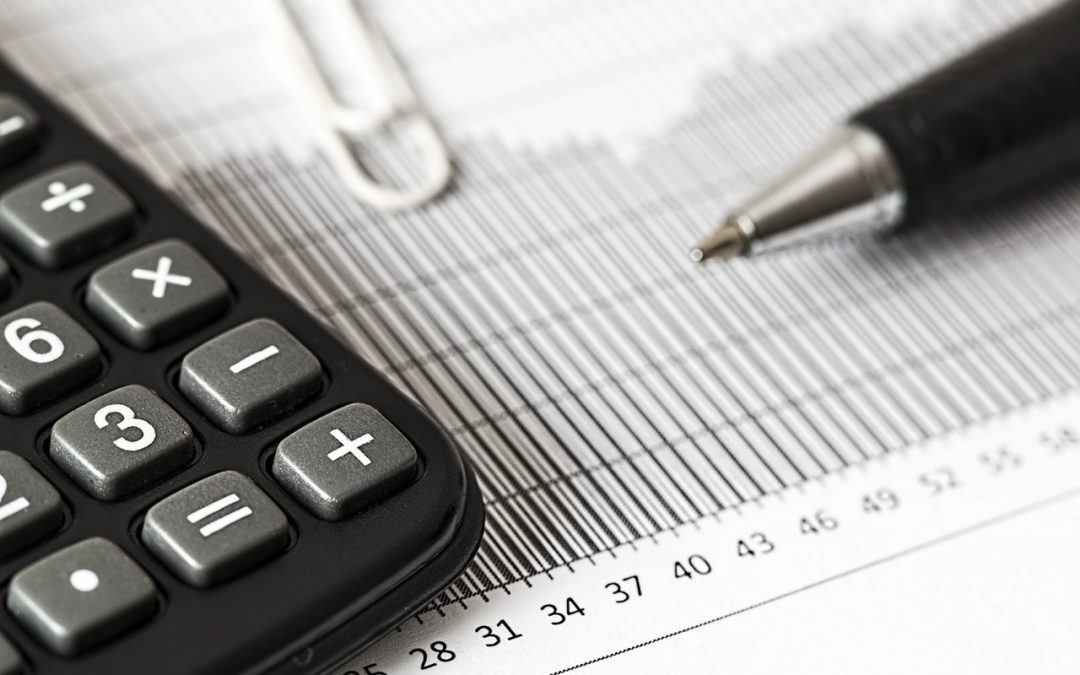If you have money in a tax-deferred retirement account, you’re probably sitting on a tax time bomb. With everything that’s happened in our country this year regarding stimulus packages, combined with the national debt, taxes are bound only to increase.
Some traditional wisdom often encourages you to maximize your tax-deferred retirement contributions. However, The Society of Actuaries says if the tax rates are the same, “It doesn’t make any difference whether [the taxes] are taken away from you at the beginning (tax-exempt) or at the end (tax-deferred). It’s the same fraction of your money that is left to you.”
What most people don’t consider as they look at their retirement savings is that it’s unfortunately not all theirs to keep. Uncle Sam will come for the taxes he let you defer all those years you worked so hard to save, and he’ll not just come for the taxes due on what you saved but also on the growth those traditional accounts earned.
Ultimately, if tax rates end up being lower during your retirement than they are currently, you might come out ahead by deferring your taxes. But, when you consider the financial affairs of our nation, how likely do you think it is that taxes will actually decrease? What tax rates might you have to pay during a retirement that could last 30 or more years?
Perhaps you’ve been told you can expect to retire in a lower tax bracket, but the truth of the matter is many retirees are complaining that they’re actually in a higher bracket!
This is happening for two reasons:
Reason #1: Required Minimum Distributions (RMDs)
Those annoying RMDs retirees have to start taking from tax-deferred accounts at age 72 –- whether they want to or not –- are forcing them into a higher tax bracket.
Reason #2: The “Social Security Tax Torpedo”
Many people are astonished to find their income from numerous sources causes 50 to 85 cents of every Social Security dollar they receive to be taxed.
RMDs can trigger a “tax torpedo” that taxes up to 85% of your Social Security benefits. Financial planners and CPAs are seeing retirees’ tax rates increase significantly because of this!
So, what can you do to protect yourself?
There’s an excellent option open to you that you’re presumably not hearing much about. It comes with numerous tax advantages, too.
We’re talking about high cash value, low commission dividend-paying whole life insurance policies that the Bank On Yourself safe wealth-building strategy is based on.
The benefits of a properly structured policy include:
- No Required Minimum Distributions that can push you into a higher tax bracket.
- You put in after-tax money, which grows tax-deferred and can be accessed tax-free under current tax law.
- The income you take from the policy is not included when the IRS determines how much tax you’ll pay on your Social Security benefits.
- The income you take doesn’t increase your Medicare premiums, unlike IRA distributions, and tax-exempt bond income does.
- In addition to the cash value that builds up in your policy, there is a death benefit –- an amount paid to the beneficiary when you die. This benefit, which may be much larger than your cash value, passes to your loved ones and favorite charities income tax-free.
Are you ready to bank on yourself and take control of your legacy?
Contact us to speak with an expert!
Bank On Yourself® is a registered trademark owned by Hayward-Yellen 100 Ltd Partnership and is being used with permission.


Recent Comments